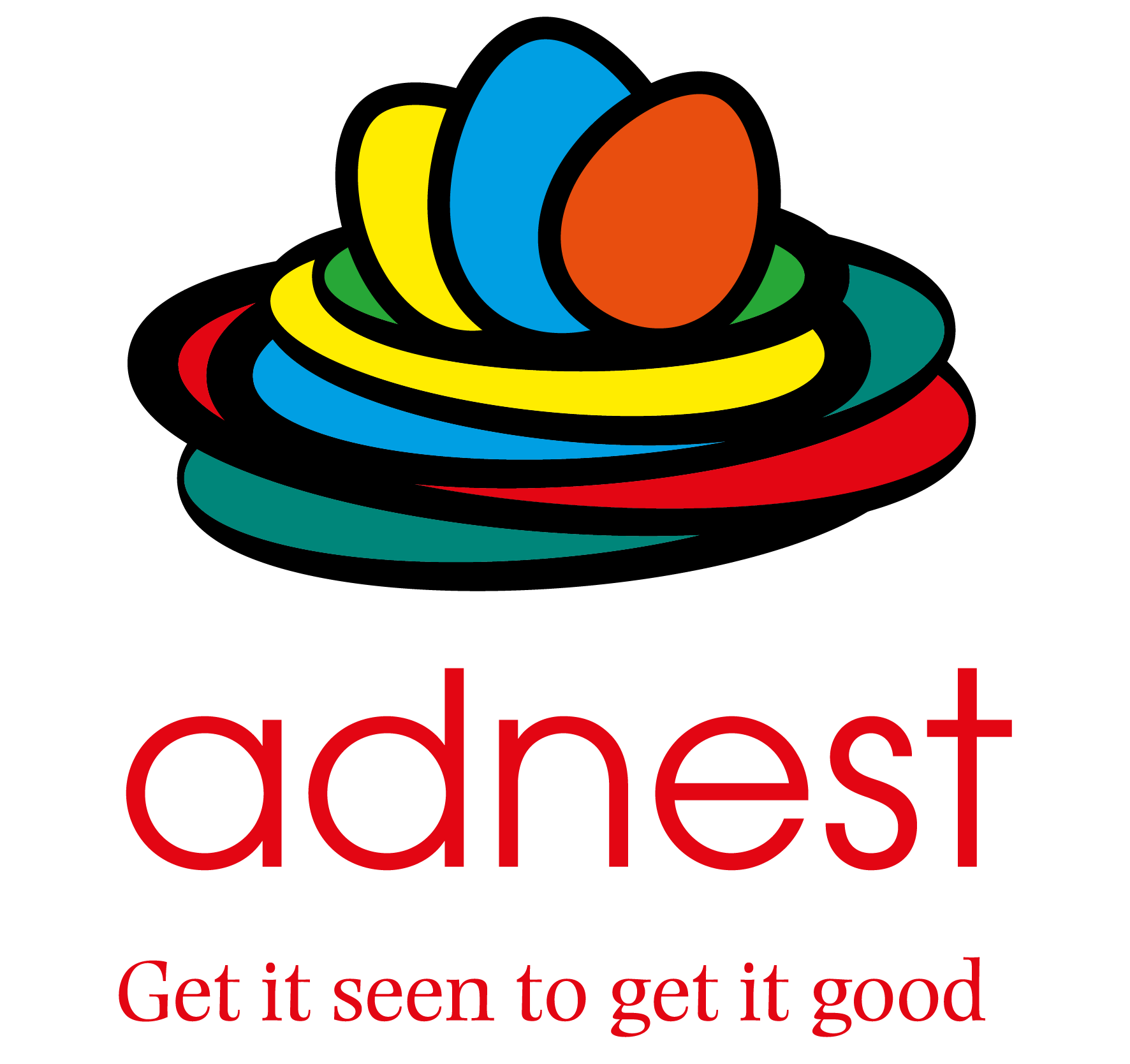As technology continues to advance and consumer expectations rise, businesses are discovering that the key to successful engagement and customer loyalty lies in tailoring their marketing strategies to the individual. The power of personalization in marketing is not just a trend; it’s a game-changer that transforms the way brands connect with their audience.
Understanding Personalization:
Personalization in marketing involves customizing content, products, and communication based on individual preferences, behaviors, and demographics. This targeted approach aims to create a more relevant and meaningful experience for consumers, fostering a stronger connection between the brand and its audience.
- Enhanced Customer Experience:
One of the primary advantages of personalization is the ability to enhance the overall customer experience. By analyzing customer data, businesses can create personalized recommendations, offers, and messages that resonate with individual preferences. This level of customization not only captures attention but also makes customers feel valued and understood, leading to increased satisfaction and loyalty.
2. Precision Targeting:
Gone are the days of generic mass marketing. Personalization allows businesses to target specific segments of their audience with precision. By leveraging data analytics and artificial intelligence, marketers can identify unique preferences, purchase histories, and online behaviors, enabling them to deliver highly targeted and relevant content to the right audience at the right time.
3. Improved Conversion Rates:
Personalization has a direct impact on conversion rates. When customers encounter tailored messages that address their needs and interests, they are more likely to engage and convert. Whether it’s personalized product recommendations or customized email campaigns, the ability to deliver content that aligns with individual preferences significantly increases the likelihood of conversion.
4. Building Emotional Connections:
Personalization goes beyond transactional interactions; it’s about building emotional connections with customers. When a brand demonstrates an understanding of a customer’s preferences and anticipates their needs, it fosters a sense of loyalty and trust. This emotional bond can result in long-term customer relationships, with individuals choosing a personalized experience over competitors offering generic alternatives.
5. Real-time Engagement:
In today’s fast-paced digital environment, real-time engagement is crucial. Personalization allows marketers to adapt and respond to customer interactions instantly. Whether it’s a personalized re-targeting ad or a dynamically generated email, the ability to provide real-time, relevant content enhances customer engagement and increases the likelihood of immediate action.
The power of personalization in marketing is a force that cannot be ignored. As consumers become more discerning and expect tailored experiences, businesses that embrace personalization will gain a competitive edge. The ability to connect with individuals on a personal level, understand their needs, and deliver customized solutions not only drives short-term success but also lays the foundation for long-term customer loyalty and advocacy. In the era of personalized marketing, businesses that harness this power will undoubtedly thrive in an ever-evolving and competitive marketplace.
